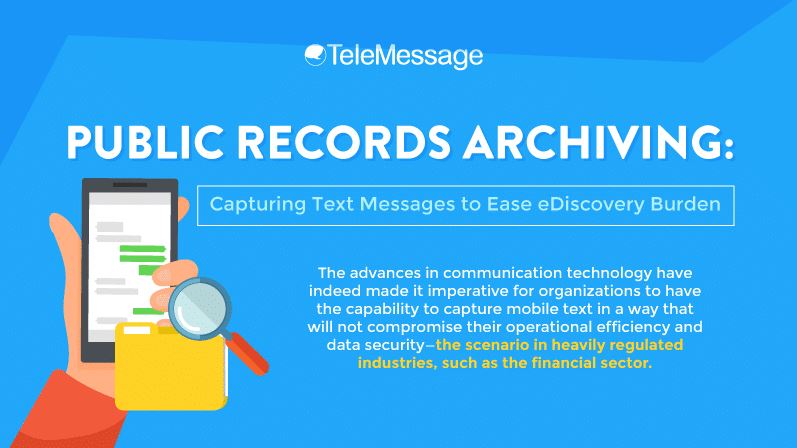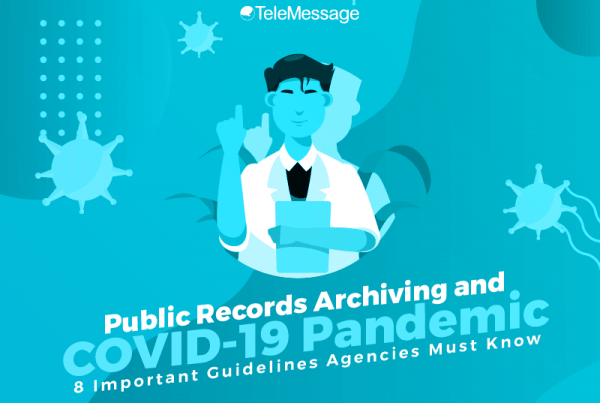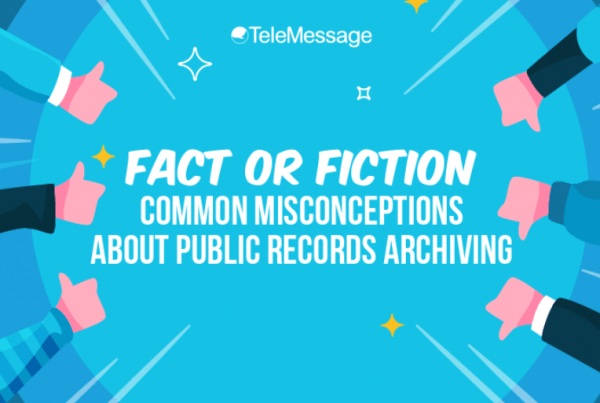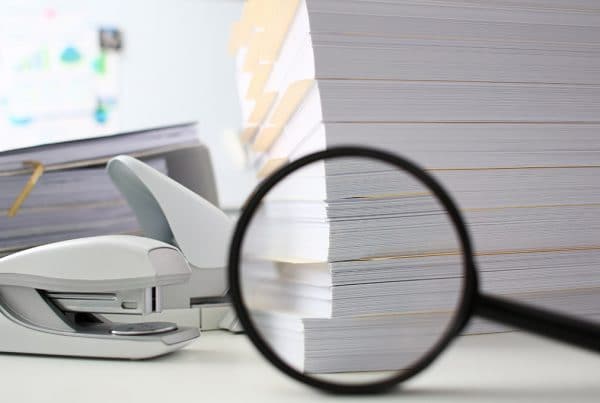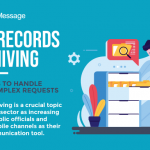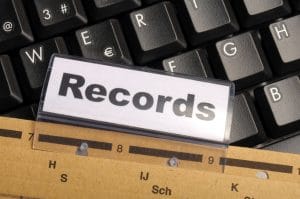The advances in communication technology have indeed made it imperative for organizations to have the capability to capture mobile text in a way that will not compromise their operational efficiency and data security— the scenario in heavily regulated industries, such as the financial sector.
However, while financial firms are struggling to archive all their employees’ communication for regulatory compliance purposes, they may find solace in the fact that they don’t have it nearly as bad as most federal, state, and local agencies answering eDiscovery requests under the Federal Rules of Civil Procedure and Federal Rules of Evidence.
What is eDiscovery?
Electronic discovery or eDiscovery is a process of identifying, collecting, and producing electronically stored information (ESI) in response to a request for production in a lawsuit or investigation. ESI includes, but is not limited to, emails, documents, presentations, databases, audio and video files, and mobile communications such as SMS and mobile voice calls.
Government agencies, like private organizations and companies, can be subjected to an eDiscovery request when the government records it holds are crucial for the review of the litigation at hand. Yet, 75% of Chief Information Officers within the U.S. Government say that they are not confident in the quality of their eDiscovery programs.
What Does the Law States About Text Messages as Evidence?
In 2006, the U.S. Supreme Court’s amendments to the Federal Rules of Civil Procedure created a category for electronic records that, for the first time, explicitly named emails and instant message chats as likely records to be archived and produced when relevant.
In 2016, the US District Court for the Western District of North Carolina also noted that even text messages are part of the obligation to preserve electronically stored information (ESI), meaning that in essence, all text messages that are relevant to the litigation must be discoverable upon request.
Consequences of Failure to Preserve Text Messages for eDiscovery
Failure to preserve ESIs can result in the government agency suffering significant sanctions from the ruling court. Under amended Rule 37(e), the court may impose sanctions on an offending party for failing to preserve ESI where the ESI (1) “should have been preserved in the anticipation or conduct of litigation”; (2) is lost “because a party failed to take reasonable steps to preserve it”; and (3) “cannot be restored or replaced through additional discovery.”
One example is the case Stinson v New York City, wherein the court awarded an adverse inference instruction against New York City for spoliating relevant text message evidence. According to the decision, the government of New York City failed to institute a litigation hold for the first three years of litigation and then failed to enforce the hold or collect relevant cell phone data once it was in place.

Text Messages Can Make eDiscovery Difficult
There have been many instances where a government employee’s texting history has been used to open a case, providing insight into a defendant concurrent thoughts or intentions on a wide range of issues that are either relevant to litigation or the public interest.
However, many government agencies still don’t understand that text messages, unlike traditional channels such as email, aren’t easily discoverable, let alone recoverable. Although there are forensic methods to recover text messages, doing so can be more difficult and expensive than recovering emails from computers. Moreover, unlike emails, text messages are more likely to be deleted regularly.
Such text messaging can make it challenging for government agencies to deliver relevant evidence during eDiscovery request, leading them to suffer sanctions and credibility loss.
Mobile Text Archiving Solution and Archive Everything Strategy: Key to Efficient eDiscovery Process
While eDiscovery rules only require agencies to make text messages discoverable when they are relevant to the litigation, the fact that text messaging is now the most popular communication tool of choice in the public sector can make this process more difficult.
Being proactive in capturing all your employees’ text messages – as well as voice calls, emails, chats – across all mobile platforms is the first step towards a more efficient records management, and ultimately more efficient eDiscovery process.
TeleMessage’s Mobile Archiver is a proven choice for agencies in the public sector aiming to streamline their eDiscovery, investigations, FOIA archiving compliance. From real-time capture of mobile texts, voice calls, Instant Messages (IMs), emails, and other mobile content, to secure delivery to an archiving system and on-demand search and retrieval, TeleMessage is a powerful tool that can handle eDiscovery requests of any size with ease.
TeleMessage also integrates leading email archiving vendors, enabling government agencies to capture, retain, and supervise mobile text messages in the same way they archive and supervise their employees’ emails and documents.
Our mobile archiving products securely capture content from mobile carriers and mobile devices for a variety of ownership models (BYOD, CYOD, and employer-issued). With our multiple archiving methods, you can always find the right tools or blend for your requirements:
Visit our website at www.telemessage.com today to learn more about how our mobile archiving products can help your organization maintain compliance with government text archiving regulations.
